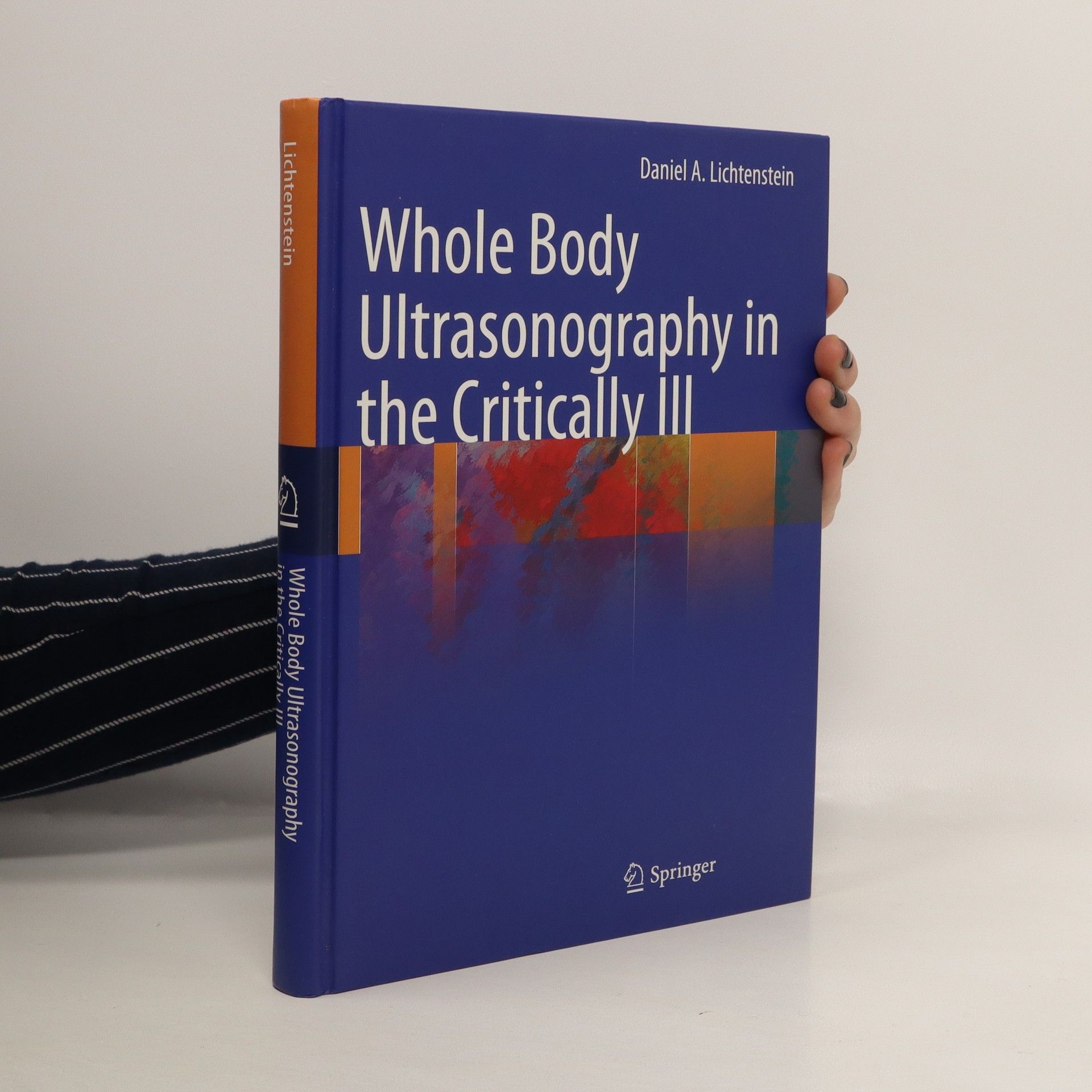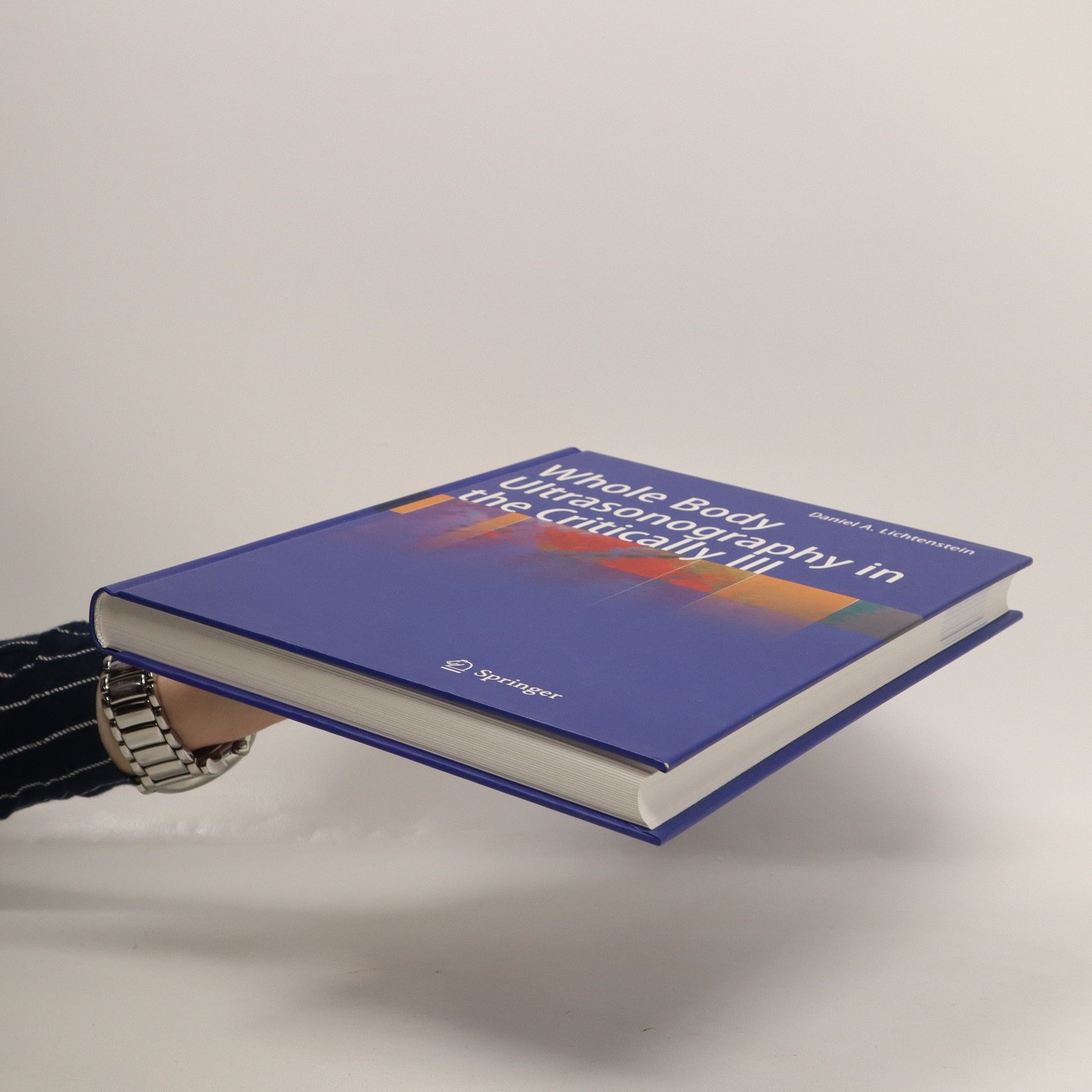Mehr zum Buch
Over the past two decades, whole-body ultrasound has emerged as an essential tool in critical care, providing rapid assessments at the bedside that can be performed anytime and repeated as needed. This approach allows for immediate therapeutic management. The latest volume builds on the author’s previous works, reflecting current knowledge with updated definitions and algorithms. It presents findings on individual organs clearly, with a significant focus on lung assessment, an area previously deemed unsuitable for ultrasound. The text emphasizes the technique's practical therapeutic impact across various scenarios, including unexplained shock, hemodynamic instability, acute respiratory failure (via the BLUE protocol), and care for critically ill neonates. It also covers interventional ultrasound and lesser-known applications like mesenteric infarction, pneumoperitoneum, and intracranial hypertension, while addressing potential pitfalls. Whole-body ultrasound now plays a crucial role in all aspects of critical care, enabling physicians to swiftly identify therapeutically relevant signs. This guide serves as an invaluable resource for practitioners engaged in this advanced form of visual medicine.
Buchkauf
Whole body ultrasonography in the critically ill, Daniel A. Lichtenstein
- Sprache
- Erscheinungsdatum
- 2010
- product-detail.submit-box.info.binding
- (Hardcover)
Keiner hat bisher bewertet.




